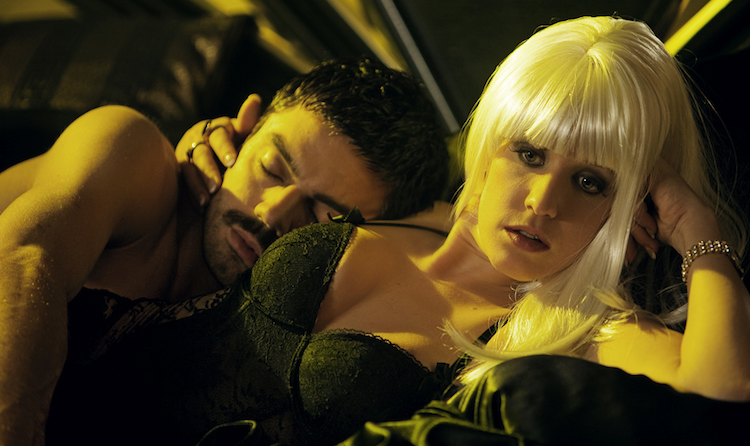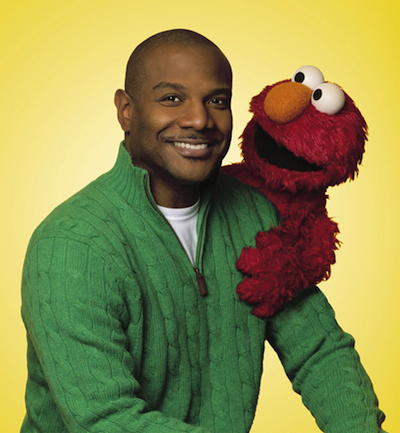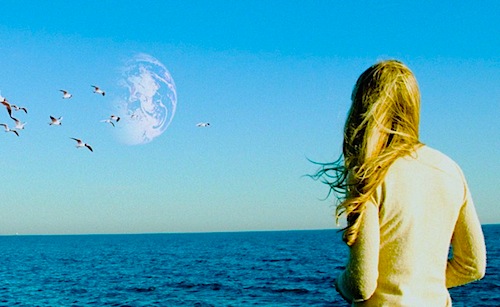
By Jason Apuzzo. Deadline Hollywood reports today that Lionsgate has acquired North American distribution rights to the Sundance hit The Devil’s Double, director Lee Tamahori’s new gangster epic about Uday Hussein and his body double. Libertas’ own Joe Bendel saw The Devil’s Double at Sundance and loved it (see his glowing review).
The film stars Dominic Cooper as Uday, and Ludivine Sangier as his mistress Sarrab. [Side note: expect to see lots of pictures of Ludivine Sangier here at Libertas in days ahead.] For those of you not familiar with the film, here’s the official description:
The year is 1987 and Baghdad is the playground for the rich and infamous- where anything can be bought, for a price. When army lieutenant, Latif Yahia (Dominic Cooper), is summoned from the frontline to Saddam’s palace, he is faced with an impossible request – to be Iraq’s notorious Black Prince Uday Hussein’s ‘fiday ,’ his body double. With his family’s lives as well as his own on the line, his fate is decided. Latif begins his journey as Uday Hussein, a man as widely hated as he is powerful. As he learns to walk, talk and act like Uday, he experiences the extravagance of a world filled with fast cars, endless money, easy women, and deeply depraved violence. Knowing who to trust becomes a matter of life or death, as he battles to escape from his forced existence alongside Sarrab (Ludivine Sangier), Uday’s notorious concubine. In a dynamic and chilling portrayal of Latif Yahia’s autobiographical novel, THE DEVIL’S DOUBLE charts one man’s struggle in a world of bloodlust, power and seduction.
Congratulations to the filmmakers, and we look forward to the film’s release. Here’s an interesting interview below with director Lee Tamahori (Once Were Warriors, Die Another Day) about the film.
Posted on Feburary 3rd, 2011 at 2:14pm.




